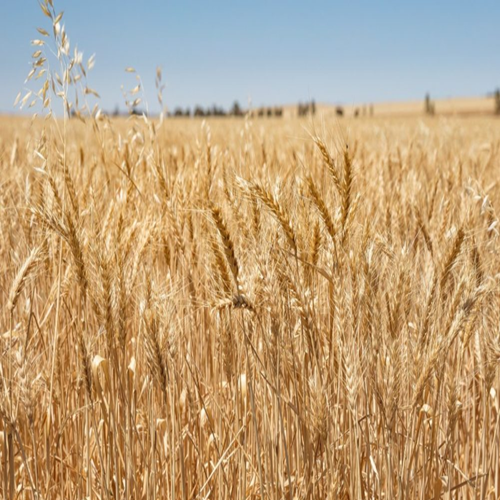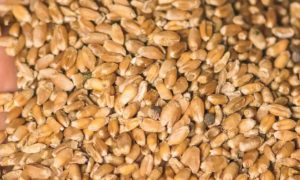Australian groups fund heat-tolerant wheat research

CANBERRA, AUSTRALIA — The Grains Research & Development Corp. (GRDC), the Australian National University (ANU) and other industry partners recently announced a $1.9 million research investment to accelerate the development of climate-resistant crops.
The three-year investment will focus on the development of heat-tolerant wheat genetics, as well as determining what makes a wheat crop able to survive, grow and produce yields under high-temperature conditions.
Professor Owen Atkin, director of the Agrifood Innovation Institute at ANU, said rising global temperatures already were having an impact on crop yields in critical food-producing regions in both Australia and overseas.
“In recent years we have seen an increase in heat waves induced by global warming, which have impacted wheat production across Australia and the world,” Atkin said. “Every one-degree increase in global mean temperature is predicted to result in a 6% to 10% decrease in wheat yields. This is extremely concerning given the pressing need to increase Australia’s crop productivity in line with a growing global population.”
Prameela Vanambathina, GRDC genetic technologies manager, said that while breeders were doing a good job of producing wheat germplasm that is more heat tolerant, there are still unanswered questions about leaf carbon exchange that could fast-track outcomes.
“Leaf carbon exchange refers to the combination of two key processes: photosynthesis (taking in carbon dioxide from the air and using sunlight to turn it into food for the plant), and respiration (using that food to support plant growth while also releasing carbon dioxide back out into the atmosphere),” Vanambathina said. “We know high temperatures accelerate the development of wheat, inhibit flower development, and reduce the efficiency of photosynthesis, stunting a plant’s growth and reducing yields.”Among the world’s major wheat producers and exporters, Australia’s climate is perhaps the most susceptible to drought. During a three-year drought in the late 2010s, the country produced crops of 20 million tonnes, 17 million and 14 million, well below its 10-year average. In the 2022-23 marketing year, it produced a record crop of 40 million tonnes, but drier weather this year has dropped projections for the 2023-24 crop to 25 million tonnes.
Source Link:
















